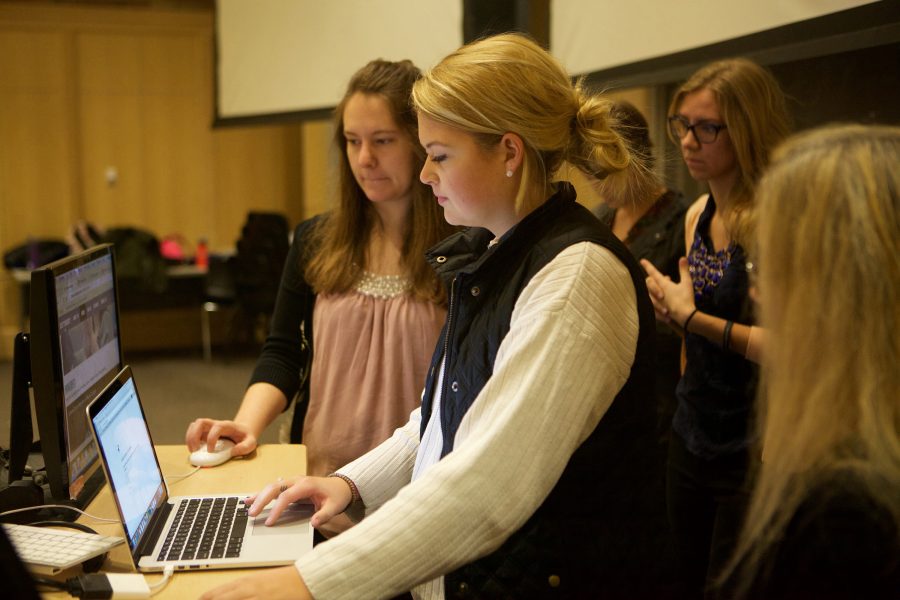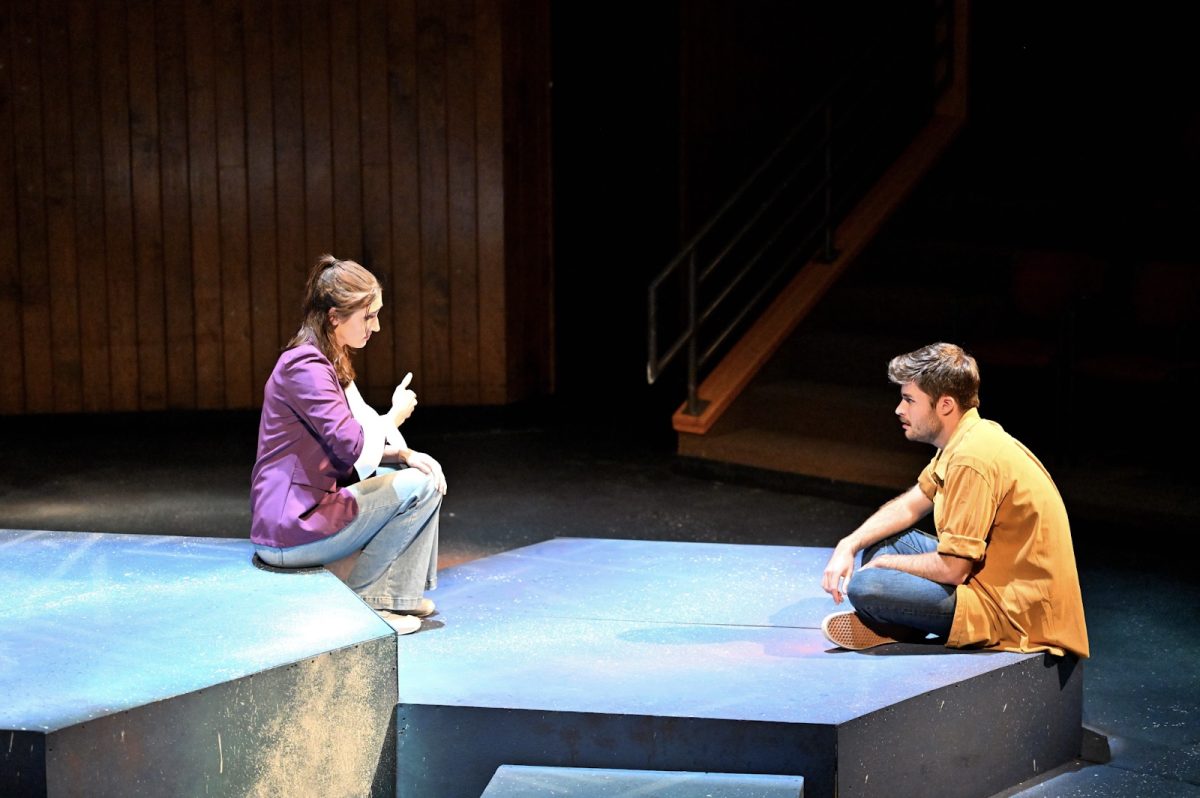Pardon my use of an overused adage, but college is like a journey.
Better said, with each university’s unique culture and traditions, your time in college can feel like living in a foreign country.
A common experience among travelers is that anyone and everyone will give you recommendations for how to live and get the most out of your time away from home.
I am sure that your conversations leading up to college have been full of advice like this.
My experience as I write this story is quite similar to yours. I am preparing to leave for a study abroad trip in London, and I am reminded of the nerves and excitement that I felt weeks before I began my freshman year at Wake Forest.
Many have given me their philosophies on how to get the most out of my study abroad: my mom tells me to be careful while my best friend tells me to throw caution to the wind, because you only have this kind of opportunity once or twice in a lifetime.
One philosophy I found helpful came from the pre-departure handbook given to me by the university (yes, you should read those). It was called “The Back Door Travel Philosophy” by famous travel writer Rick Steves.
He says that many people travel to a foreign country like tourists and consume the cookie-cutter culture that every tourist is sold. In Steves’s words, these travelers enter the country through the “front door.”
On the other hand, some travelers enter a foreign country not as part of the economy but part of a community. They become citizens of that country for a time and work to add to its culture, not just consume it.
I encourage you to enter Wake Forest through the “back door,” not just consuming its benefits but rather creating a culture of community that outlasts your stay here.
Building a culture is a four-year process and will involve trying new things that you end up disliking. In order to really get involved here at Wake Forest, you have to keep an open mind and stay optimistic.
The benefits to your well-being that stem from becoming a part of a community are well documented in research.
While Greek life provides one such community, only half of the student body participates in a fraternity or sorority. In order to feel a connection to all of your fellow Wake Forest students, you may choose to join multiple academic clubs, service organizations, sports teams or religious groups in addition to your fraternity or sorority.
Research reviewed by Dr. Ricardo Montelongo of the University of Indiana finds that you may feel more satisfied with your college experience, leave college with more connections and even do better in classes.
Wake Forest offers over 150 chartered organizations — too many to begin to name in this article. I believe you will find it very easy to enter this university through the “back door” and find yourself a member of the community early on.
The best ways to do so are just to try things out and keep a positive attitude. Go to the student involvement fair and sign up for something on a hunch that you may like it.
And if you get to the first club meeting and decide that it’s not for you, stay positive and try a different club.
Again, there are more than 150 communities to choose from at Wake Forest, and there are infinite more left to create.








